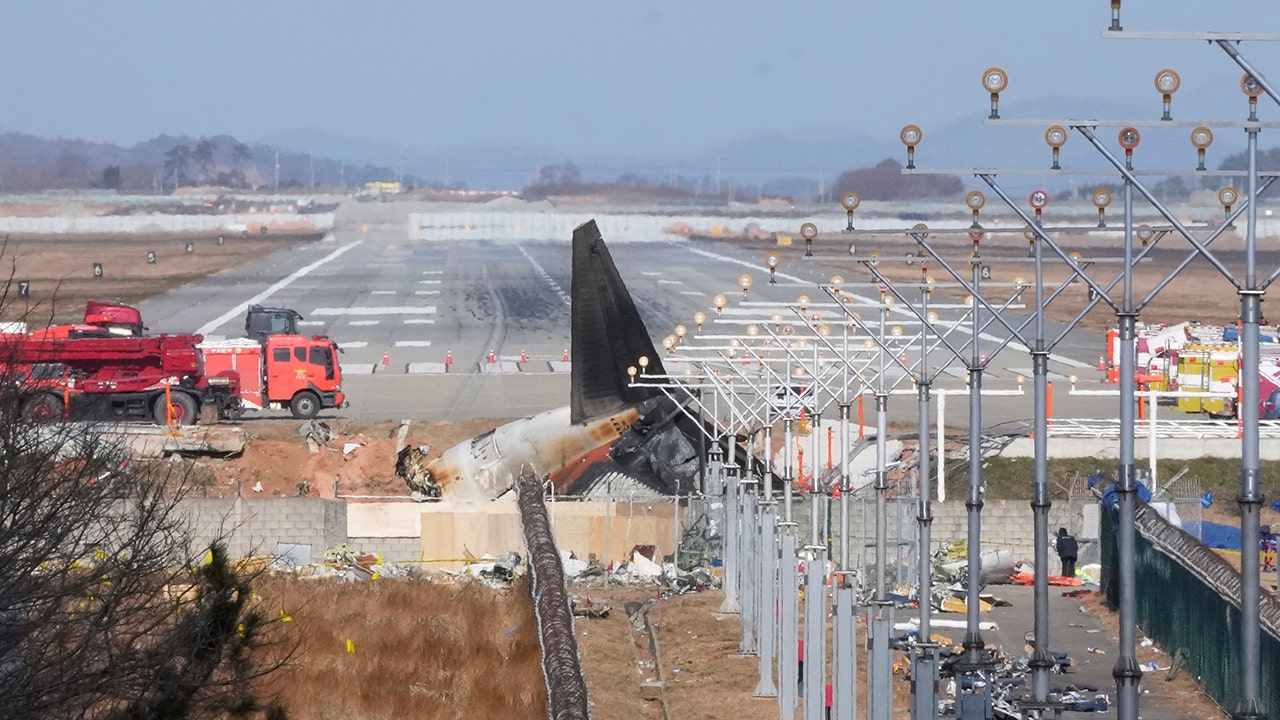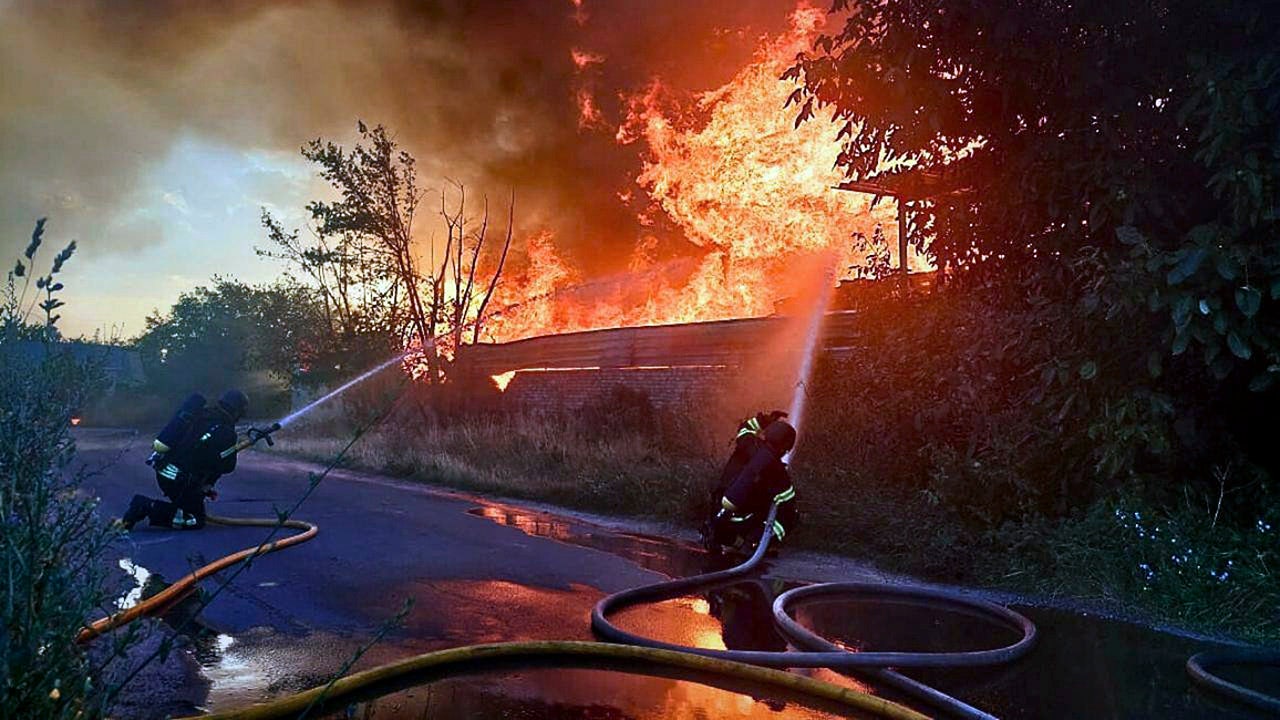South Korean airliner’s final 4 minutes of recordings are missing after crash that killed 179: investigators

The recent report on the tragic Jeju Air crash in South Korea has shed light on some critical details surrounding the incident that claimed the lives of 179 individuals on board. The preliminary accident report issued by South Korea’s Aviation and Railway Accident Investigation Board revealed that the plane’s two black boxes had stopped recording approximately four minutes before the crash occurred. This finding confirmed the initial statement by the country’s Transportation Ministry regarding the malfunction of the flight data and cockpit voice recorders on the Boeing 737-800 aircraft.
Following the discovery that some data was missing from the black boxes, South Korean officials sent the devices to the U.S. National Transportation Safety Board for further analysis. Despite efforts to determine the cause of the recording failure, it remains unclear why the devices ceased to function prior to the crash.
Additionally, the report highlighted the presence of bird strike evidence in both engines of the plane, including feathers and bird blood stains. Further investigation revealed that the samples belonged to Baikal teals, a type of migratory duck. The report emphasized the need for DNA analysis to fully understand the implications of the bird strikes in relation to the crash.
The tragic event unfolded on December 29, 2024, at Muan International Airport when the Boeing 737-800 skidded off the runway due to a failure in its landing gear deployment. The aircraft collided with a concrete structure, resulting in a devastating fire that claimed the lives of all but two of the 181 individuals on board.
Investigators shared that air traffic controllers had warned the pilots about potential bird strikes moments before the distress signal was issued. The pilots attempted an emergency landing following the confirmation of a bird strike, with security footage capturing the aircraft’s encounter with birds during the aborted landing.
Moving forward, authorities plan to dismantle the engines for a comprehensive examination of their components. They will also analyze the black box data, air traffic control recordings, and other evidence related to the crash to determine the root cause of the tragedy. The report has been shared with international aviation organizations and relevant countries, as the aircraft was manufactured in the U.S. and its engines were produced in France.
As the investigation continues to unfold, the aviation community mourns the loss of those affected by the Jeju Air crash. The efforts to uncover the truth behind the incident serve as a reminder of the importance of safety measures and thorough analysis in preventing future tragedies.




